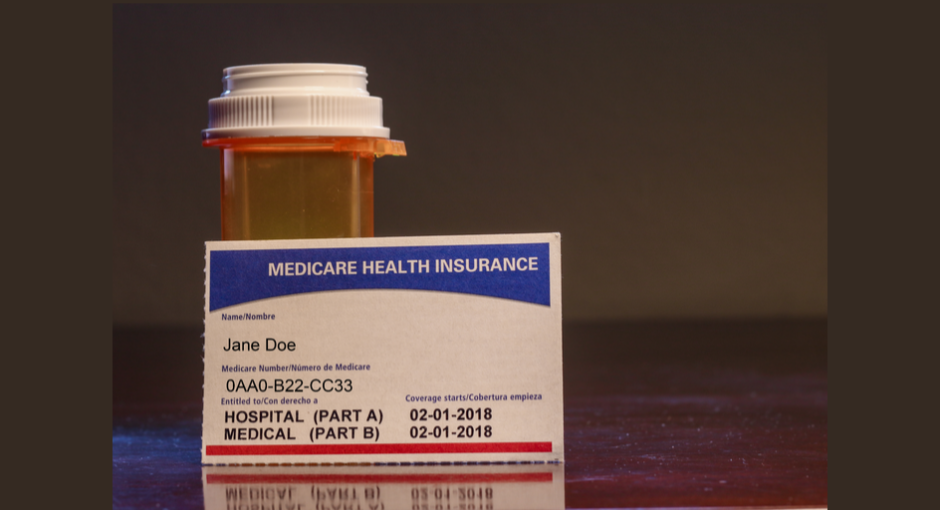Congressional Medicare policy advisers on Friday unanimously endorsed Medicare Part B drug reimbursement changes that hospitals say would amplify the effect of Part B drug payment cuts for 340B hospitals in place since 2018.
The Medicare Payment Advisory Commission (MedPAC) voted 16-0 to recommend that Congress direct the U.S. Health and Human Services (HHS) Secretary to change how certain high cost drugs are classified for Part B payment purposes under the hospital Outpatient Prospective Payment System (OPPS).
Drugs with “pass-through” status are paid at the rate of average sales price (ASP) + 6%, for 340B and non-340B hospitals alike. “Separately payable non-pass through” (SPNPT) drugs are paid at ASP – 22.5% for 340B disproportionate share hospitals, urban sole community hospitals, and rural referral centers, and at ASP + 6% for all others.
The recommendations MedPAC voted to include in its June report to Congress would:
- direct the HHS Secretary to modify the pass-through policy in OPPS so that it includes only drugs and biologics that function as supplies to a service, and applies only to drugs and biologics that are clinically superior to their packaged analogs
- require the Secretary to specify that the SPNPT policy in OPPS applies only to drugs and biologics that are not ancillary, but rather the reason for a doctor visit (for cancer treatment, for example), and that meet a defined cost threshold ($130 per day in 2020).
The American Hospital Association (AHA) submitted comments to MedPAC in advance of the April 2 meeting urging commissioners to vote against both recommendations.
AHA said the first recommendation would mean that expensive drugs to treat cancer and other serious diseases and conditions would be walled off from pass-through status and paid instead at the SPNPT rate. “For 340B hospitals, this change would result in a nearly 30% reduction in payment (from ASP + 6% to ASP – 22.5%) for these life-saving drugs,” it said.
It said the second recommendation to change the SPNPT policy “could harm 340B hospitals and the ability of their patients to access these drugs.”
“MedPAC’s proposed change would place more financial strain on 340B hospitals, which have already shouldered significant cuts in reimbursement due to prior Part B payment changes,” and “have endured significant financial hardship as they remain on the front lines of the ongoing COVID-19 pandemic,” the hospital group said.


